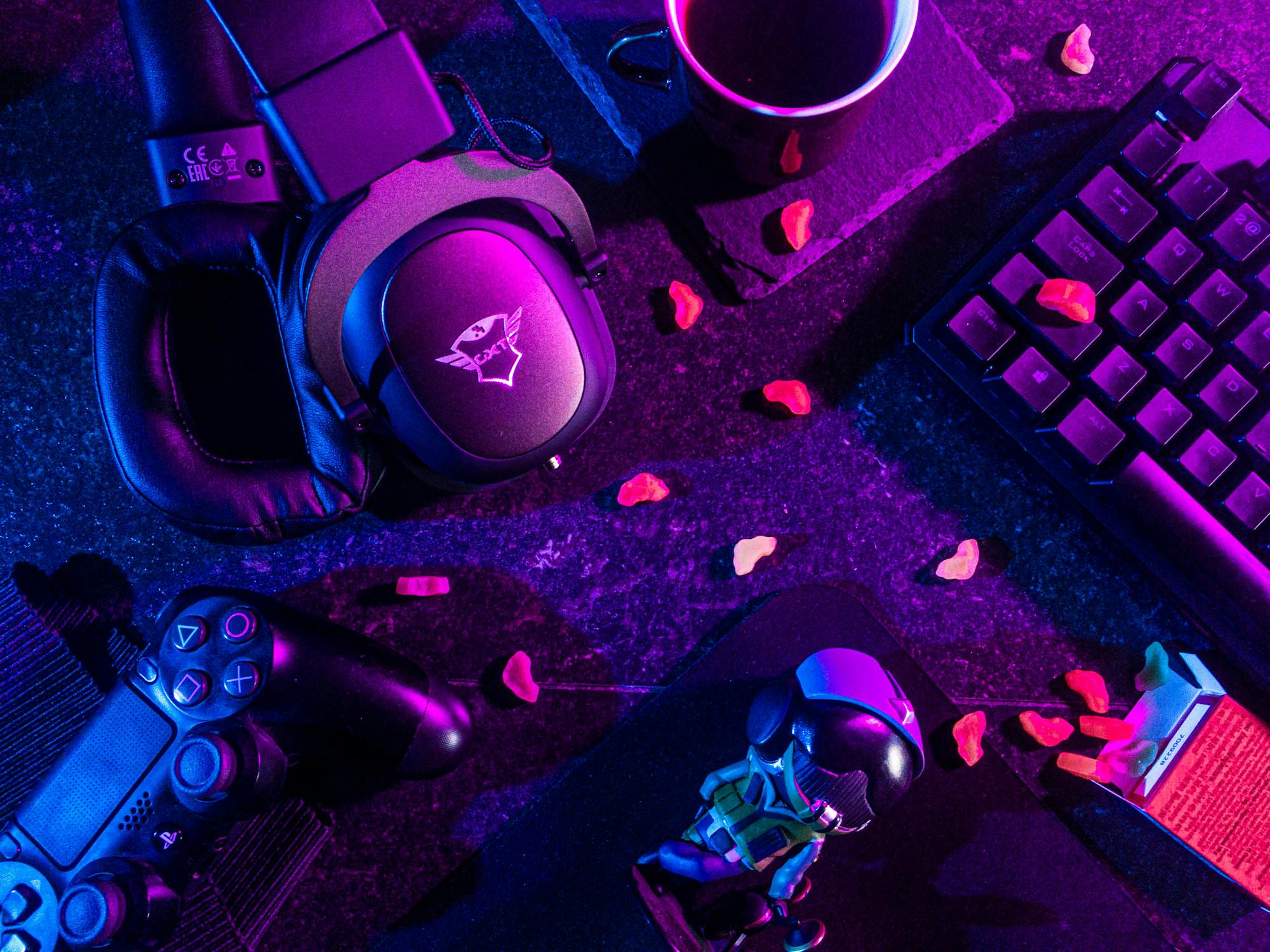Is AI Taking Over the Master Chief?
There’s a seismic rumor shaking the foundations of the Halo universe. A trusted insider reports that 343 Industries, now known as Halo Studios, has woven generative AI into every single aspect of its development pipeline. This isn’t just about automating a few minor tasks. We’re talking about a fundamental shift in how the next generation of Halo games is being built, from the ground up.
According to the report, which surfaced via Halo insider RebsGaming, this AI integration is deep and comprehensive. The source claims AI is being used for everything from enemy behavior and terrain generation to core game logic and even day-to-day administrative work. The goal seems to be a massive increase in efficiency, allowing the studio to meet aggressive deadlines that would be impossible for human teams alone.

The $80 Billion Push for Speed
Why the sudden and total commitment to AI? The answer likely lies in Microsoft’s broader strategy. The tech giant is investing a staggering $80 billion in AI infrastructure. With that kind of money on the table, it’s no surprise that its flagship gaming franchises are being leveraged to pioneer and showcase these new capabilities. Developers are reportedly expected to deliver games on quicker timelines, and AI is positioned as the only way to achieve that speed.
This isn’t just about making artists and programmers redundant. The report suggests a workflow where AI does the heavy lifting-like generating a vast landscape or coding complex enemy patrol patterns-and then human developers come in to refine, polish, and add that essential creative touch. It’s a model of human-AI collaboration, but one driven by intense production pressure.
What Games Are We Talking About?
This AI-powered development surge is reportedly fueling two major unannounced projects:
- A complete remake of the original Halo: Combat Evolved, potentially built on a mix of Unreal Engine 5 and a modified Reach engine.
- A new live-service multiplayer game, described as being similar in structure to Fortnite.
The use of generative AI could explain how the studio plans to get these ambitious titles ready for a rumored 2026 launch. Building a game world or iterating on multiplayer maps could happen at a fraction of the time it traditionally takes.

A Glimpse into Gaming’s Future
Halo Studios isn’t alone in this endeavor. Across the industry, AI is rapidly becoming an indispensable tool. Bungie, the original creator of Halo, developed an internal tool called ‘BunGPT’ to help its developers with coding. Meanwhile, a new PlayStation studio is actively hiring artists with experience using AI tools like Midjourney and Stable Diffusion to assist with 2D art creation.
However, this transition is not without its anxieties. A recent survey showed that 84% of game developers have ethical concerns about the use of generative AI. The worries are valid and significant, touching on potential job displacement, the loss of artistic originality, and complex questions around intellectual property. Who owns a world designed by an algorithm?
The industry is standing at a crossroads. AI offers a path to creating bigger, more dynamic games faster than ever before. It could democratize development, allowing smaller teams to build experiences that rival AAA productions. But it also raises fundamental questions about the role of human creativity in an increasingly automated world. The soul of gaming hangs in the balance.

FAQs
What is Halo Studios reportedly using generative AI for?
The reports claim AI is being used in almost every area, including creating game worlds, designing enemy behaviors, writing game logic, and speeding up internal workflows like scheduling.
Why is Halo Studios leaning so heavily on AI?
The primary driver appears to be the need to meet faster and more aggressive development deadlines. It’s also part of Microsoft’s massive company-wide investment and strategic push into artificial intelligence.
Will AI replace human developers at Halo Studios?
The current model described in the rumors is one of collaboration, not replacement. The idea is that AI generates the initial assets or code, which human developers then refine and polish. However, long-term concerns about job displacement in the industry remain.
What new Halo games are being developed with this technology?
Two projects are rumored: a full remake of Halo: Combat Evolved and a new multiplayer live-service game. The use of AI is thought to be accelerating their development for a possible 2026 release.
Are other major game studios using AI like this?
Yes, this is an industry-wide trend. Bungie has its own internal AI assistant, and some PlayStation studios are hiring artists skilled in using generative AI tools. Halo’s reported all-in approach, however, seems to be one of the most comprehensive integrations to date.
What are the main concerns about using AI in game development?
Key concerns include the ethical implications, such as potential job losses for artists and other developers, the risk of losing artistic authenticity and originality in game design, and unresolved questions about intellectual property rights for AI-generated content.
Conclusion
The news from Halo Studios isn’t just another rumor; it’s a potential preview of the future of AAA game development. By integrating AI at such a core level, Microsoft is making a bold statement about how it believes games will be made in the coming years. While the promise of efficiency and speed is tempting, the studio and the industry at large must navigate the valid concerns about creativity, ethics, and the role of the human artist. The next Halo game won’t just be a test of new gameplay mechanics; it will be a test of this new development philosophy. The question for players and creators alike is whether this AI-powered future will enhance the games we love or dilute the human spirit that makes them special.